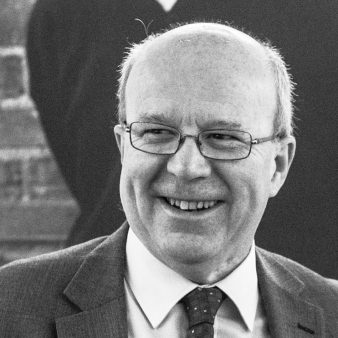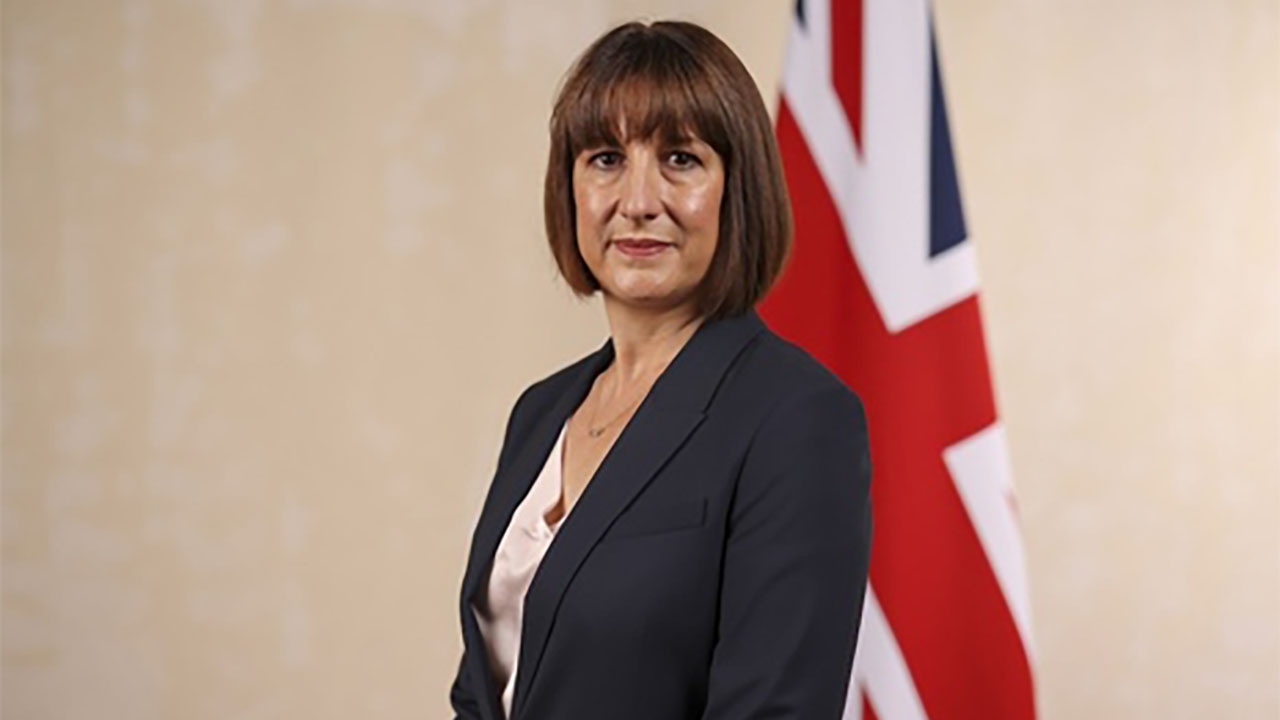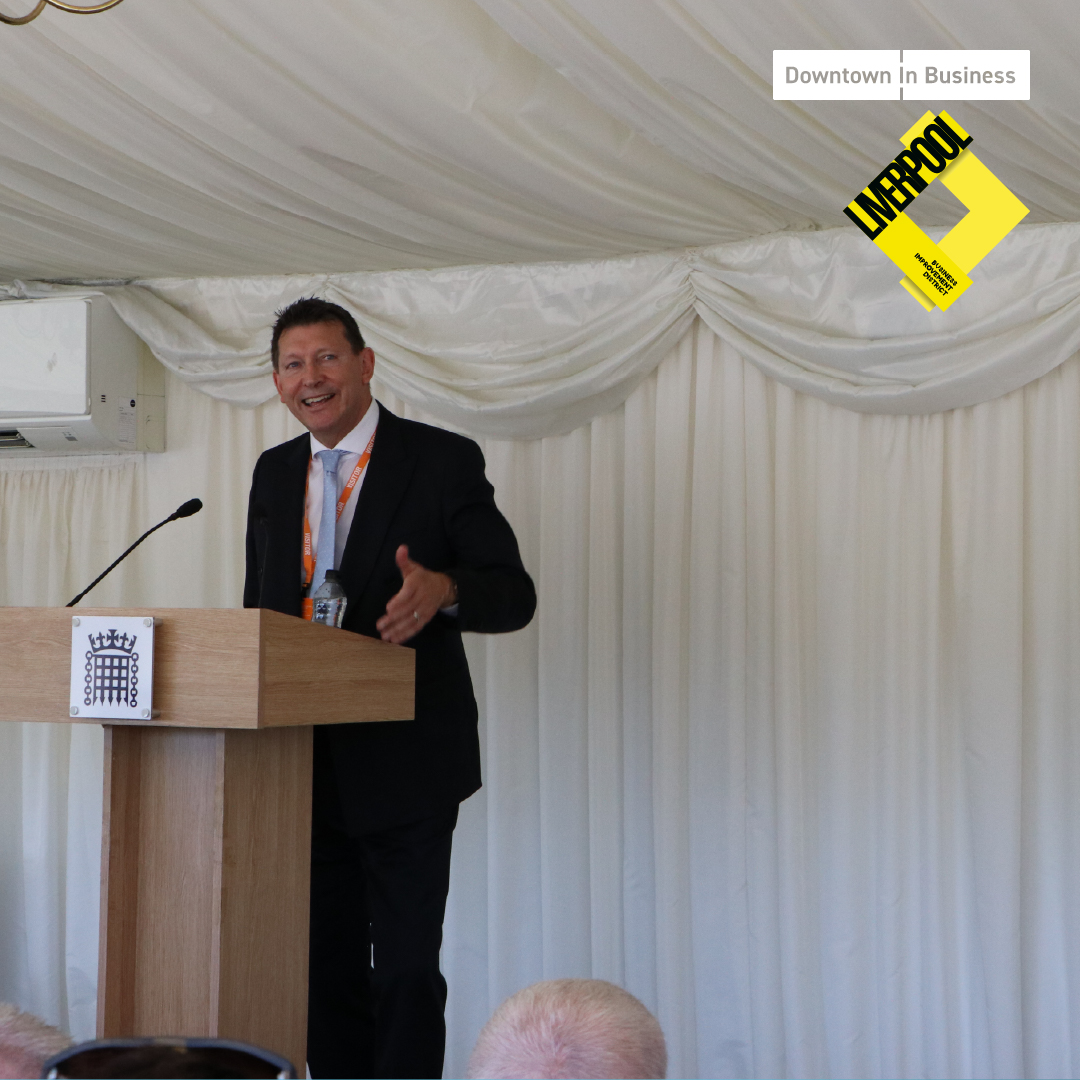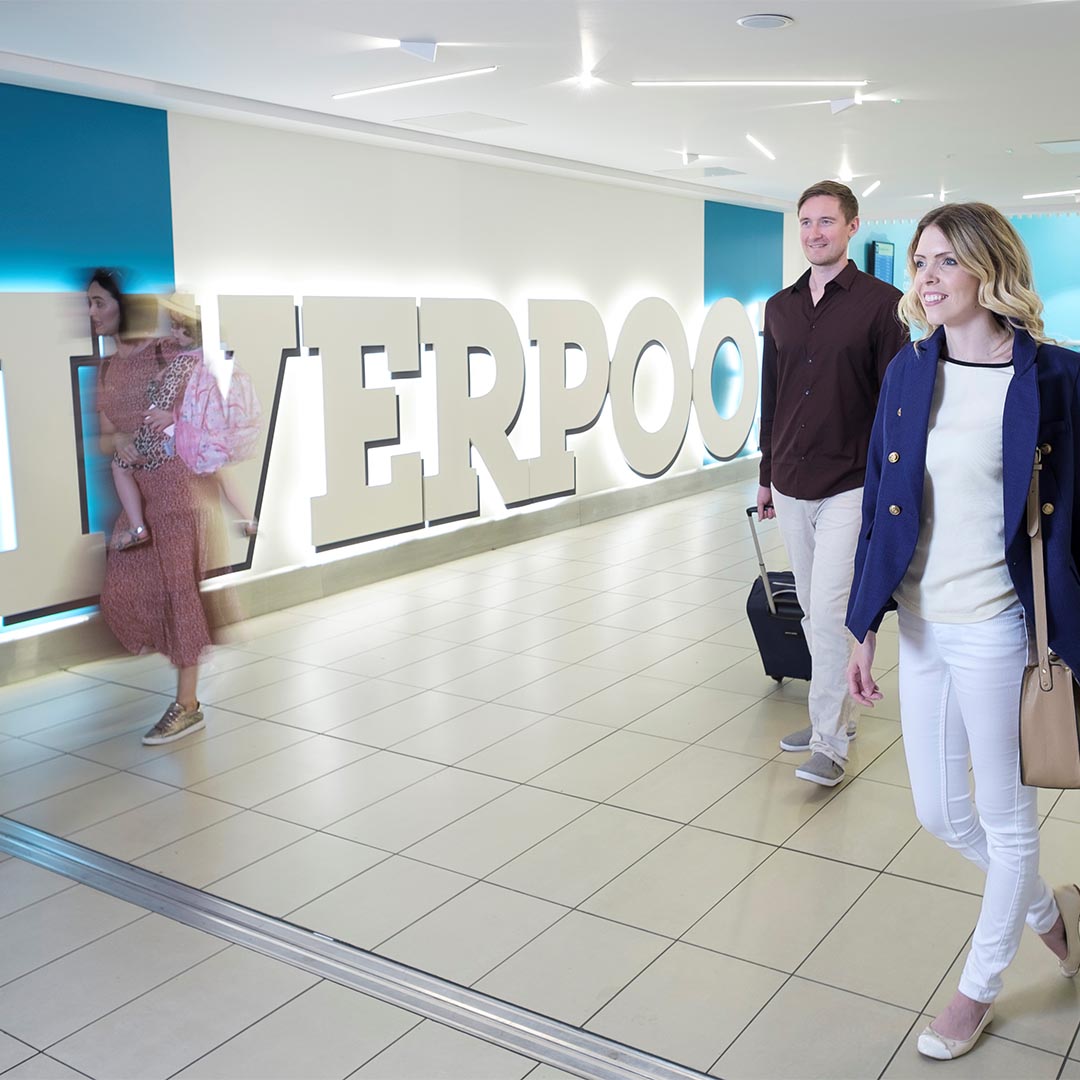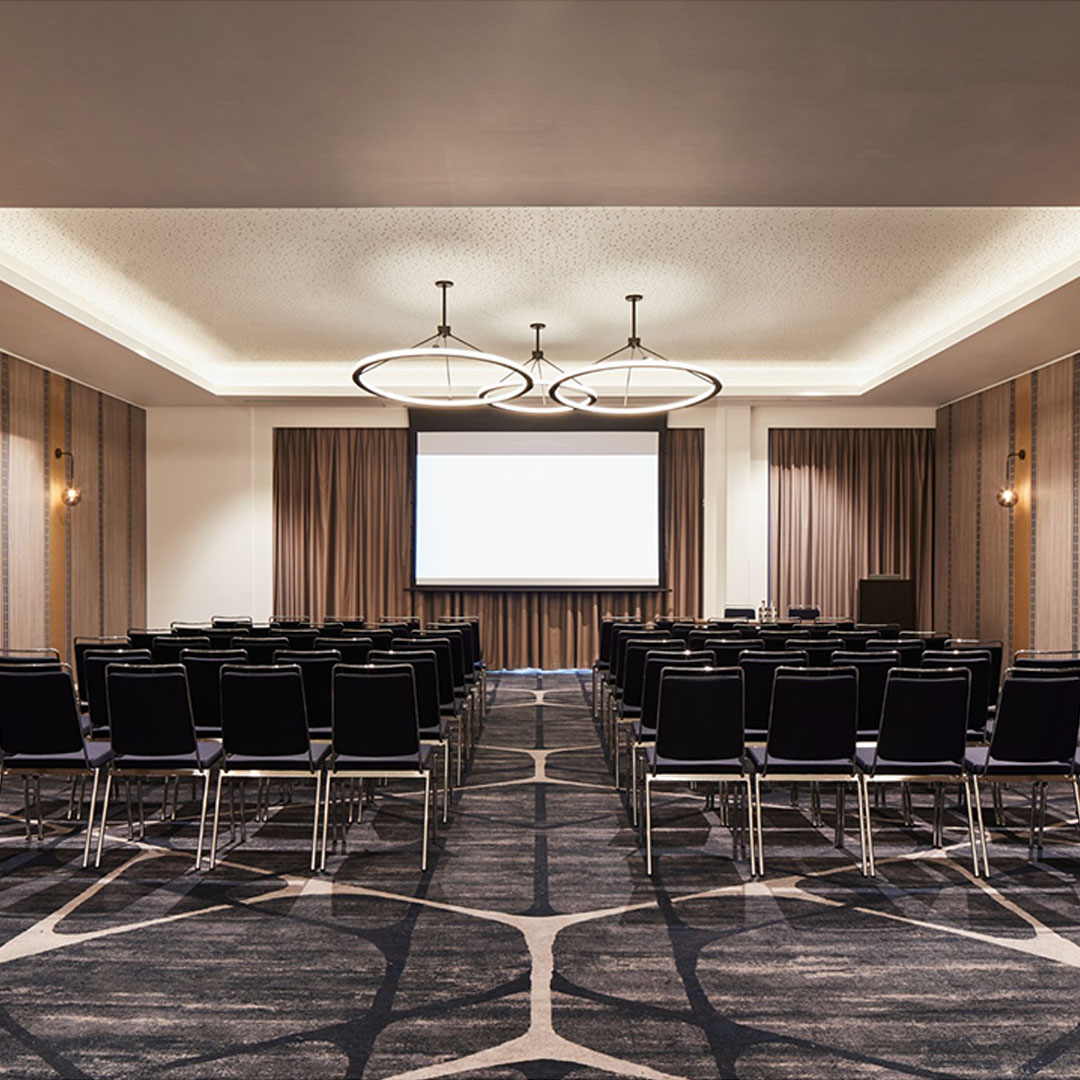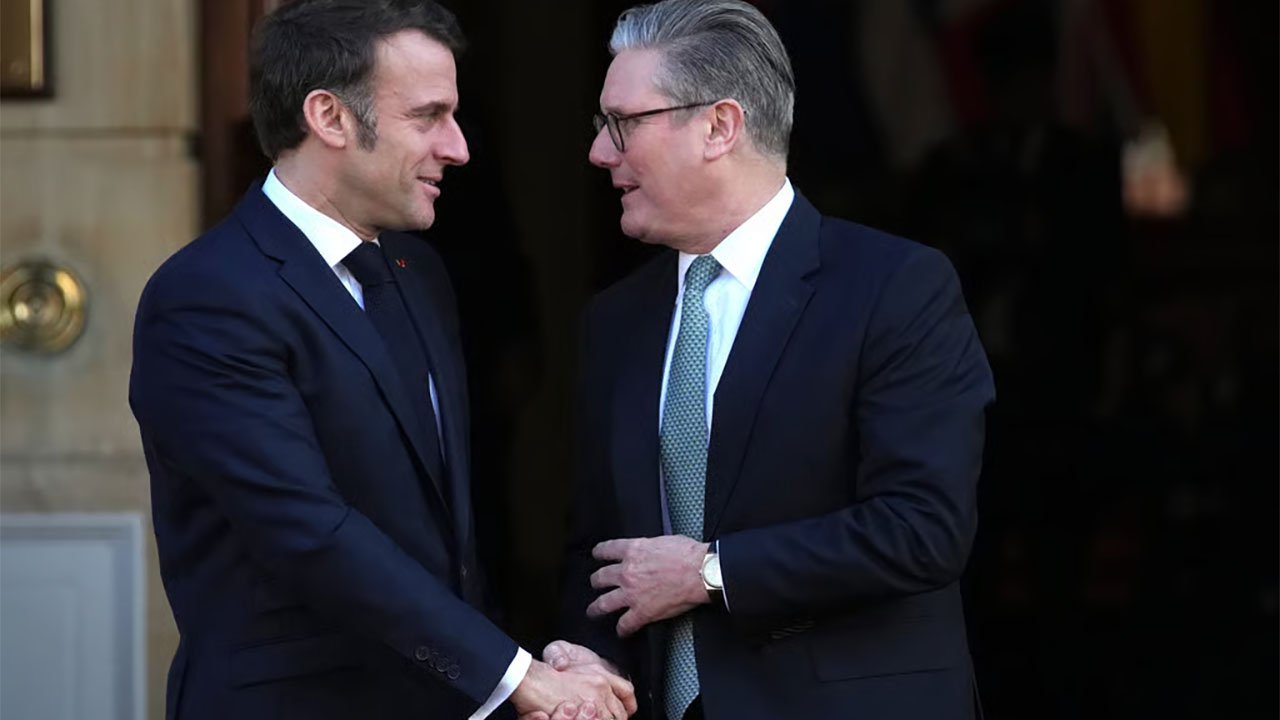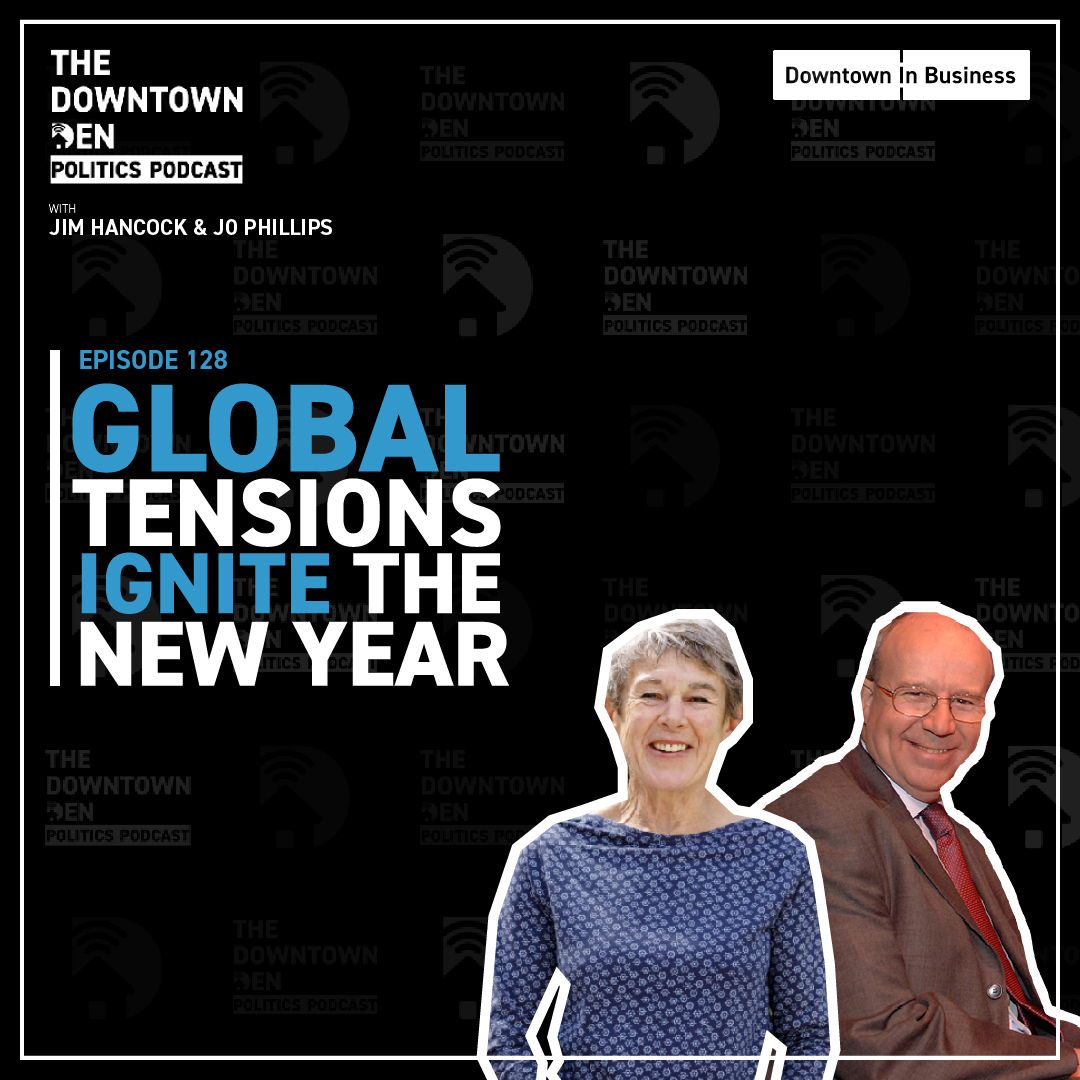Pressure on the government to change the way they hand out levelling up money is growing.
At last week’s major Downtown conference in Birmingham a range of council leaders and chief executives said the system pitted one council against another in a wasteful time consuming process.
Following our conference the Shadow Communities Secretary, Lisa Nandy, pledged at the weekend that a Labour government would get behind local growth plans to get every part of the economy growing. She had identified 448 separate funding pots whereby the current government was micro-managing spending decisions.
Meanwhile here are some of the key comments on the economy from the private and public sector at our Birmingham conference.
Jeegar Kakkad from the Tony Blair Institute made one of the most important observations of the whole day when he said that the cost of doing HS2 was two and a half times more expensive than it would be in other countries. The lack of a holistic approach to the contractors who were bearing the risk all the way down the line had implications for the roll out of the green energy revolution as well.
Covid, Brexit and the Ukraine war had particularly hit the West Midlands economy according to Neil Rami from the West Midlands Growth company. This was because firms were particularly export focused and energy intensive. He said global protectionism was a problem, particularly in the United States with its inflation reduction act. Rami said devolution had to be based on regions rather than the current mix of Combined Authorities and Local Enterprise Partnerships. Decision makers had to move out of London, “once your kids are going to local schools you are more focused on the results of your policies”, Rami concluded.
The elected mayor of the West Midlands wears his conservatism lightly and Andy Street renewed his criticism of the “beauty contests” for projects. The latest round had been a shambles and disappointing for the West Midlands, but the amount of money involved shouldn’t be exaggerated. The upcoming Trailblazer devolution deal would be more important with the prospect of a single grant. Brexit was a bad decision and business in the West Midlands had been damaged by a £12bn reduction in exports to Europe.
Street claimed last year’s Commonwealth Games had gained the region global recognition whilst HS2 was a reality with the prospect of trains running from Curzon Street to Old Oak Common in seven years. However he insisted the line must go into Euston and on to Manchester as well.
Inevitably Brexit was the first topic addressed by the former Deputy Prime Minister Lord Heseltine. He said the Remain campaign should have reminded people that the European Union had been founded on the ashes of two world wars. The campaign should not have centred on economics allowing people to express their immediate frustration over living standards. He criticised the government’s intention to repatriate all EU law. He told me the UK would eventually re-join the EU, but all politicians were currently in thrall to the Daily Mail and Nigel Farage.
Ian Ward, the leader of Birmingham, felt the Commonwealth Games would provide the city with a platform for success. Meanwhile James Lewis the leader of Leeds said his city was the fastest growing in the country despite Manchester demanding a recount of the statistics!
Whilst Birmingham was already reaping the benefits of HS2, Leeds was devastated that the arm to that city had been cancelled. It had taken James Lewis two hours to get to the conference, Leeds station was no longer fit for purpose and a question mark hung over land that had been set aside for HS2.
HOW WELL DID LABOUR DO IN WEST LANCS?
Does Scott Benton have a point? The Blackpool South Tory MP was in charge of his party’s campaign in the West Lancashire by election. Although the Conservatives got their lowest percentage share of the vote since the seat’s creation, he claimed he didn’t detect the surge of excitement that preceded Labour’s landslide in the mid-nineties.
The predictability of a Labour victory on a cold winter’s day resulted in a low turnout and may mask hidden enthusiasm for Sir Keir Starmer. The sense remains that, although Labour have comfortably held Chester, Stretford, and West Lancs, they have done OK but are only on target for a very narrow General Election win. One other observation on two smaller parties performance in this contest. Reform UK, founded by Nigel Farage, beat the Lib Dems into fourth place. That’s bad news for Ed Davey but Conservatives will keep a wary eye on Reform who could split right wing votes in a tight General Election campaign.

